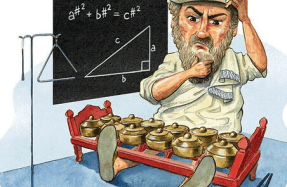Saint-Saëns served up with great style

Saint-Saëns
Symphony No. 1 in E flat; Cello Concerto No. 1 in A minor; Samson et Dalila – Bacchanale
Astrig Siranossian (cello);
Philharmonie Südwestfalen/Nabil Shehata
Alpha Classics ALPHA 764 60:37 mins
Saint-Saëns’s First Cello Concerto, which opens this release, is hardly lacking in good recordings. Here, though, is a fine, flowing account, recorded with just enough resiny grit and grain in the soloist’s sound to make you feel as if seated with a good view of the stage. Astrig Siranossian plays with lyricism and passion, as well as with a rapt inward quality at the first movement’s end. Under the baton of Nabil Shehata, a protégé of Daniel Barenboim, the Philharmonie Sudwestfalen is not just technically polished but also lithe and graceful. The child-like simplicity of the second movement’s opening theme, which can appear as somewhat incongruous between the Mendelssohnian seriousness of the outer movements, is played here with an artless grace that is simply enchanting, well complemented by the mellifluous singing tone of Siranossian’s entry.
The orchestra is technically polished, lithe and graceful
The First Symphony, composed when Saint-Saëns was only 17, is an utterly charming work, which manages to combine such influences as Mendelssohn, Liszt and most especially Mozart. His ‘Laudate Dominum’ clearly inspired the lovely slow movement – the evocative opening of which also coincidentally conjures a Tchaikovsky-like soundworld (no surprise that the Russian composer and Saint-Saëns later became firm friends!). Shehata and his orchestra’s exuberant account of the Bacchanale from rounds off
You’re reading a preview, subscribe to read more.
Start your free 30 days



